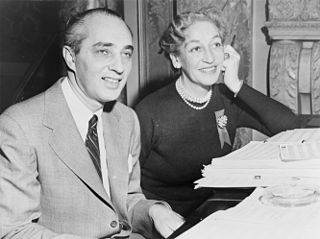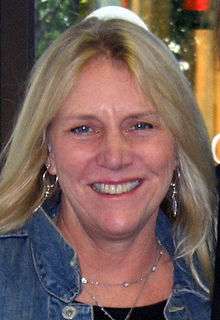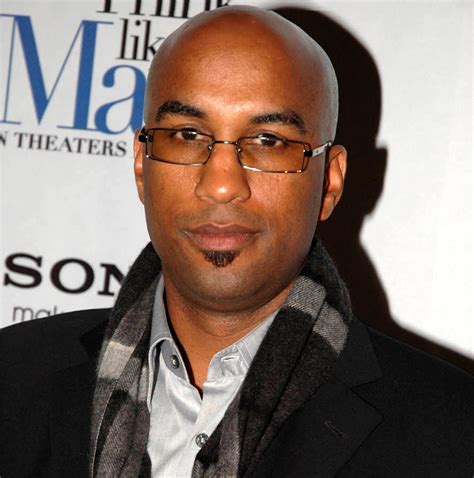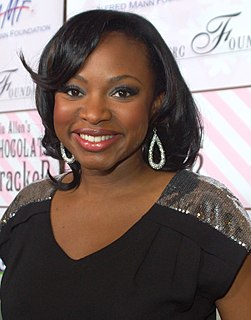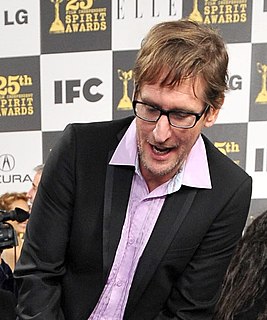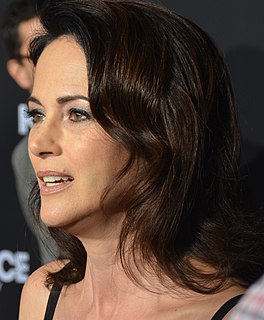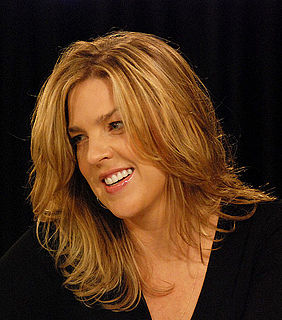A Quote by Josh Segarra
I love telling a story through song. It helps me take it to a deeper place.
Related Quotes
I think it's so fun when I get to work with women writers in particular because we really understand the core story or foundation as women. That's so important to me that the authenticity is there, you know, from the place that I speak from for my women. Having other females with me helps me dig deeper.
You want to have a song that people will listen to and go, 'Oh, yeah! That reminds me of something in my life,' or, 'something I'm currently going through,' or maybe something happens later and you hear the song and go, 'Wow! That really was telling a story that I can relate to now.' That's my hope.
The song that I will sing is an old song, so old that none knows who made it. It has been handed down through generations and was taught to me when I was but a little lad. It is now my own song. It belongs to me. This is a holy song (medicine-song), and great is its power. The song tells how, as I sing, I go through the air to a holy place where Yusun (The Supreme Being) will give me power to do wonderful things. I am surrounded by little clouds, and as I go through the air I change, becoming spirit only.
A dependent clause (a sentence fragment set off by commas, dontcha know) helps you explore your story by moving you deeper into the sentence. It allows you to stop and think harder about what you've already written. Often the story you're looking for is inside the sentence. The dependent clause helps you uncover it.
What's your story? It's all in the telling. Stories are compasses and architecture; we navigate by them, and to be without a story is to be lost in the vastness of world that spreads in all directions like arctic tundra or sea ice. To love someone is to put yourself in their place, we say, which is to put yourself in their story, or figure out how to tell yourself their story. Which means that a place is a story, and stories are geography, and empathy is first of all an act of imagination, a storyteller's art, and then a way of traveling from here to there.
Well, let’s start with the maxim that the best writing is understated, meaning it’s not full of flourishes and semaphores and tap dancing and vocabulary dumps that get in the way of the story you are telling. Once you accept that, what are you left with? You are left with the story you are telling.
The story you are telling is only as good as the information in it: things you elicit, or things you observe, that make a narrative come alive; things that support your point not just through assertion, but through example; quotes that don’t just convey information, but also personality.
John Cassavetes' films have really altered the way I see film and acting and storytelling and emotion and love, so I see acting as this incredible revealing of human nature and this means of telling our story, sharing our voice with the world. That's what acting is for me. It allows for people to experience things through the character, through the story.
Once you play with these scenes and you're outlining it, again and again, and telling each other the narrative, and telling it to people you know, trying to make sure that the mathematics of the story work, you feel that those are in place, and the actual writing and final draft doesn't take as long.


